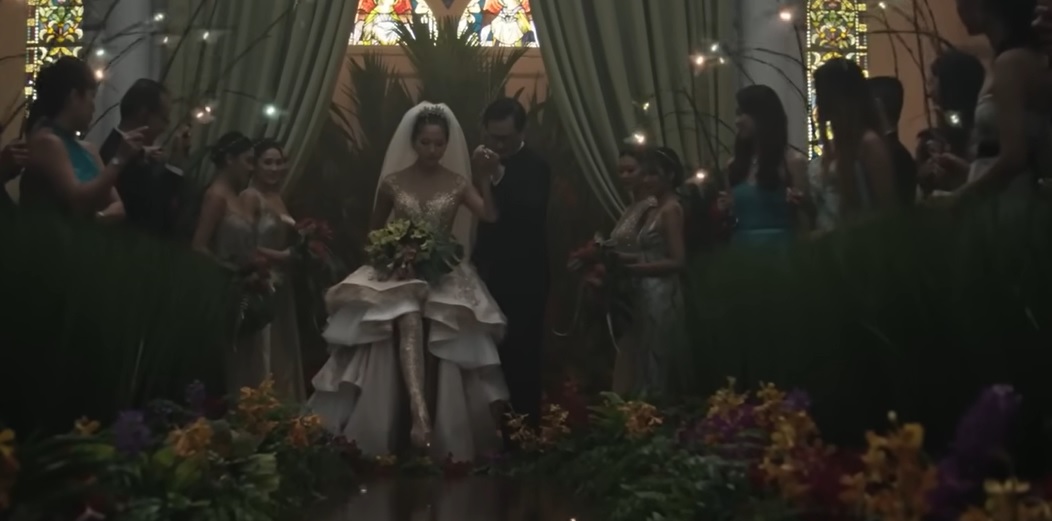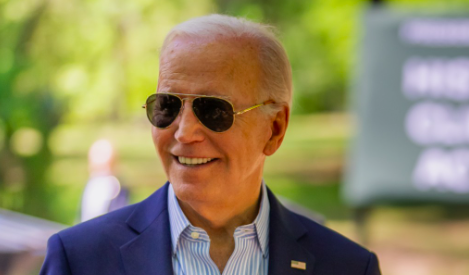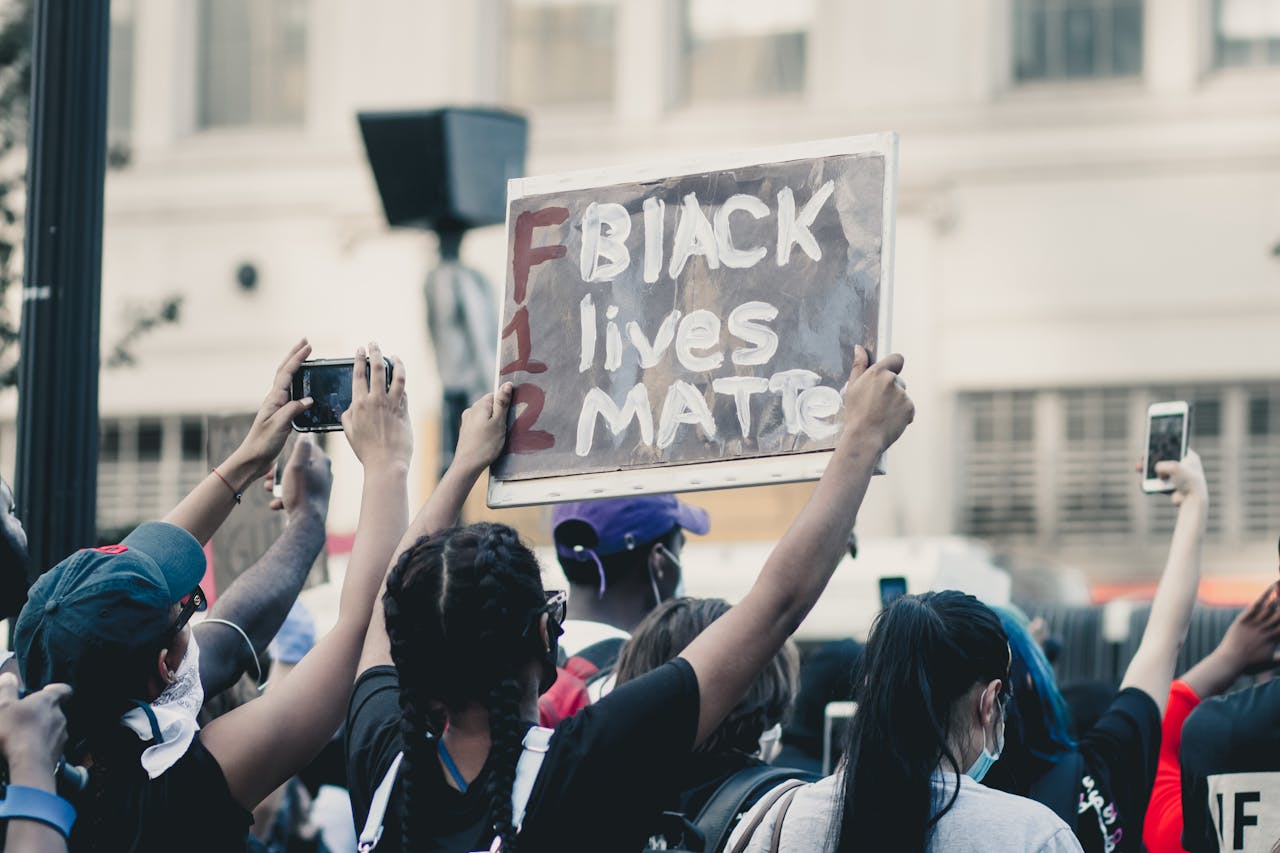
In China, a new wave of wealth is making its mark with a unique blend of discretion and sophistication. China’s richest millennials showcase their achievements through understated status symbols and shunning traditional ostentatious displays of wealth.
While their American counterparts often indulge in high-end coffee makers, luxury laundry rooms, and pampered pets, China’s affluent millennials are investing in what’s known as “Laoqianfeng” or “silent luxury.”
Shift from loud to quiet luxury
The decline of loud luxury in China mirrors a global trend in the US and Europe, where the “quiet luxury” mode gains traction amid economic uncertainties. With China’s economy slowing and youth unemployment soaring to 20%, flaunting wealth is increasingly seen as inappropriate.
During the pandemic, younger, cash-rich shoppers fuelled a boom in luxury sales, eager to display their newfound affluence through flashy logos and ostentatious purchases. However, as their disposable income dwindles, these “logo hunters” are stepping back, leaving older, wealthier consumers to sustain luxury spending. This mature crowd, seasoned in their wealth, now favors subtlety over flamboyance.
Navigating Xi Jinping’s China
The rise of quiet luxury in China is a modern, Western-inspired trend and a response to the political and social landscape shaped by President Xi Jinping’s push for “common prosperity.” China’s relationship with luxury goods has always been fraught with tension, and the government has long discouraged extravagant displays of wealth. In 2011, Beijing banned billboards advertising “luxury” and “high class,” and a year later, civil servants were prohibited from accepting expensive gifts or hosting lavish dinners on public funds.
This austere approach extended to social media, where platforms like Douyin, China’s TikTok equivalent, deleted thousands of accounts and videos showcasing excessive wealth. As a result, businesses and individuals alike have adapted, with financial firms advising employees against wearing branded clothes or carrying luxury bags to the office.
Eagles vs. parakeets: A Tale of two luxuries
According to Milton Pedraza, CEO of the Luxury Institute, the ultra-rich in China, having bought luxury products for over two decades, are now connoisseurs of the market. “We are past the ‘Crazy Rich Asians’ point,” he says, referring to the peak of conspicuous consumption. Now, the truly wealthy, like eagles, stand tall yet reserved, while the “new money” crowd, akin to vocal parakeets, still flaunt their wealth with loud, attention-grabbing attire.
By opting for expensive products with discreet logos, the ultra-rich subtly project their status, making it the ultimate power move. On Chinese social media, this trend has captivated audiences, with posts tagged “laoqian” amassing millions of views on Weibo. Influencers dissect and analyze the nuances of the “laoqian” style, emphasizing muted tones, simple designs, and solid colors reminiscent of the Western old-money aesthetic.
China’s richest millennials: Subtlety and sophistication
As aspirational shoppers tighten their belts and loud luxury takes a back seat, upper-tier luxury brands like Richemont, Louis Vuitton, and Dior stand to gain. These brands balance louder styles with timeless classics, epitomizing understated luxury. Younger brands like The Row, Goop, and Nili Lotan, which adhere to this philosophy, may also thrive.
In this new era of luxury, the elite no longer needs to display labels. “You don’t have to show the label. Everyone in their tribe knows what it is. And if you’re not in the tribe, believe me, they’re not trying to impress you,” Pedraza concludes.
In China, the wealthiest millennials are redefining success with a blend of subtlety and sophistication, marking a new chapter in the story of luxury.
Source: Why are China’s elites going for “quiet luxury”?
Related Stories:
China to become the world’s largest economy by 2050 – PwC report
Robert Kiyosaki: Millennials should rethink pursuit of passion
The post China’s richest millennials opt for understated luxury appeared first on The Independent News.






